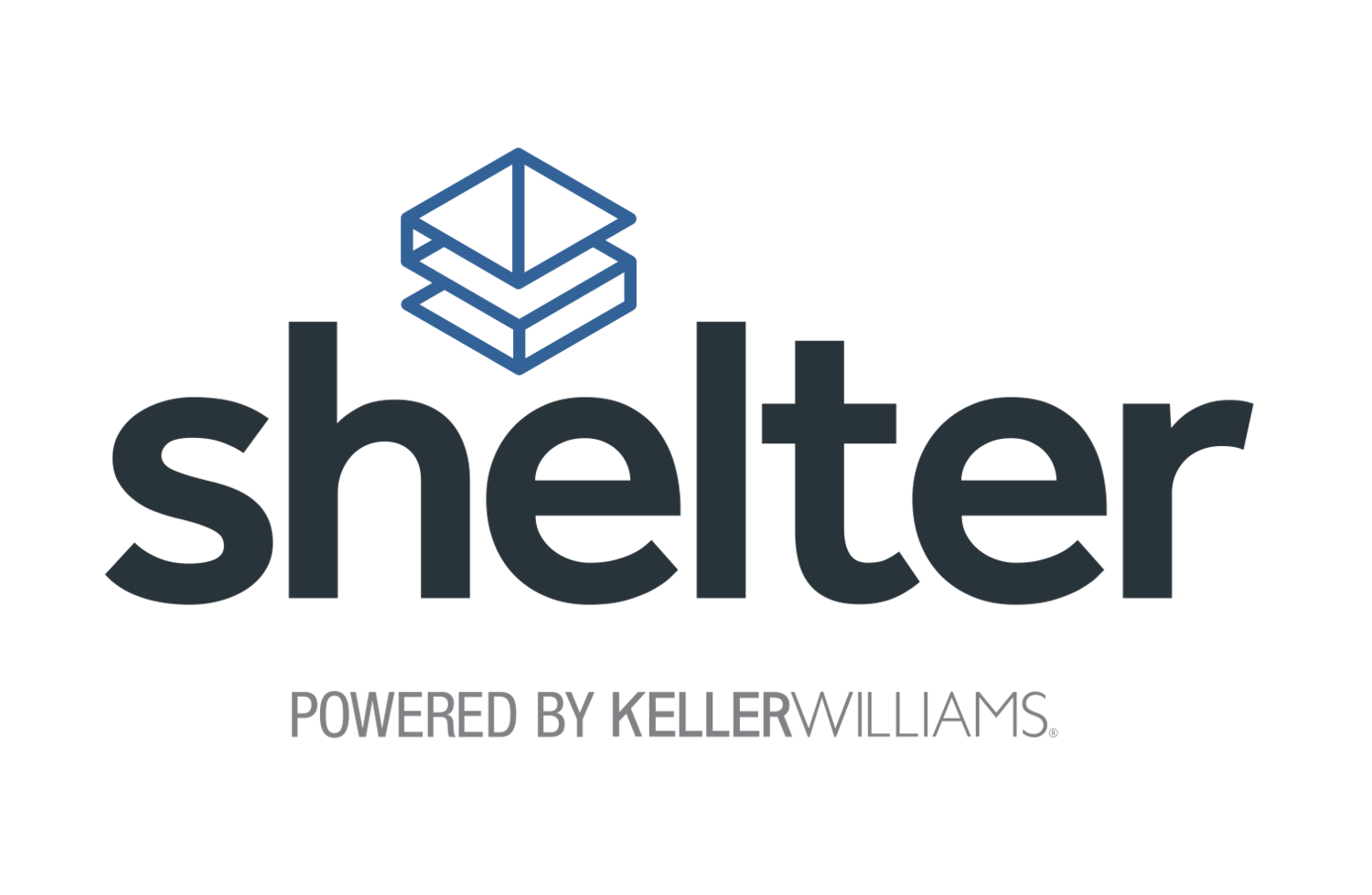are you ready for the summer housing market?
/As the health crisis started making its way throughout our country earlier this spring, sellers have been cautious about putting their homes on the market. This hesitation stemmed primarily from fear of the spread of the coronavirus, and understandably so. This abundant caution has greatly impacted the number of homes for sale and slowed the pace of a typically busy spring real estate season. Mark Fleming, Chief Economist at First American notes:
“As more homeowners are reluctant to list their homes for sale amid the pandemic, the supply of homes available to potential home buyers continues to dwindle.”
With many states beginning a phased approach to reopening, virtual best practices and health and safety guidelines for the industry are in place to increase the comfort level of buyers and sellers. What we see today, though, is that sellers are still making a very calculated return to the market. In their latest Weekly Housing Trends Report, realtor.com indicates:
“New listings: On the slow path to recovery. Nationwide the size of declines held mostly steady this week, dropping 23 percent over last year, a slight increase over last week but still an improvement over the 30 percent declines in the first half of May.”
Although we’re starting to inch our way toward more homes for sale throughout the country, the number of homes on the market is still well below the demand from buyers. In the same report, Javier Vivas, Director of Economic Research for realtor.com shares:
“Sellers have yet to come back in full force, limiting the availability of homes for sale. Total active listings are declining from a year ago at a faster rate than observed in previous weeks, and this trend could worsen as buyers regain confidence and come back to the market before sellers.”
Lawrence Yun, Chief Economist at the National Association of Realtors (NAR) seems to agree:
“In the coming months, buying activity will rise as states reopen and more consumers feel comfortable about homebuying in the midst of the social distancing measures.”
What we can see today is that homebuyers are more confident than the sellers, and they’re ready to make up for lost time from the traditional spring market. Summer is gearing up to be the 2020 buying season, so including your house in the mix may be your best opportunity to sell yet. Interest in your house may be higher than you think with so few sellers on the market today. As Vivas says:
“More properties will have to enter the market in June to bring the number of options for buyers back to normal levels for this time of the year, nationwide and in all large markets.”
Bottom Line
If you’re ready to sell your house this summer, let’s connect today. Buyers are interested and they may be looking for a house just like yours.



























